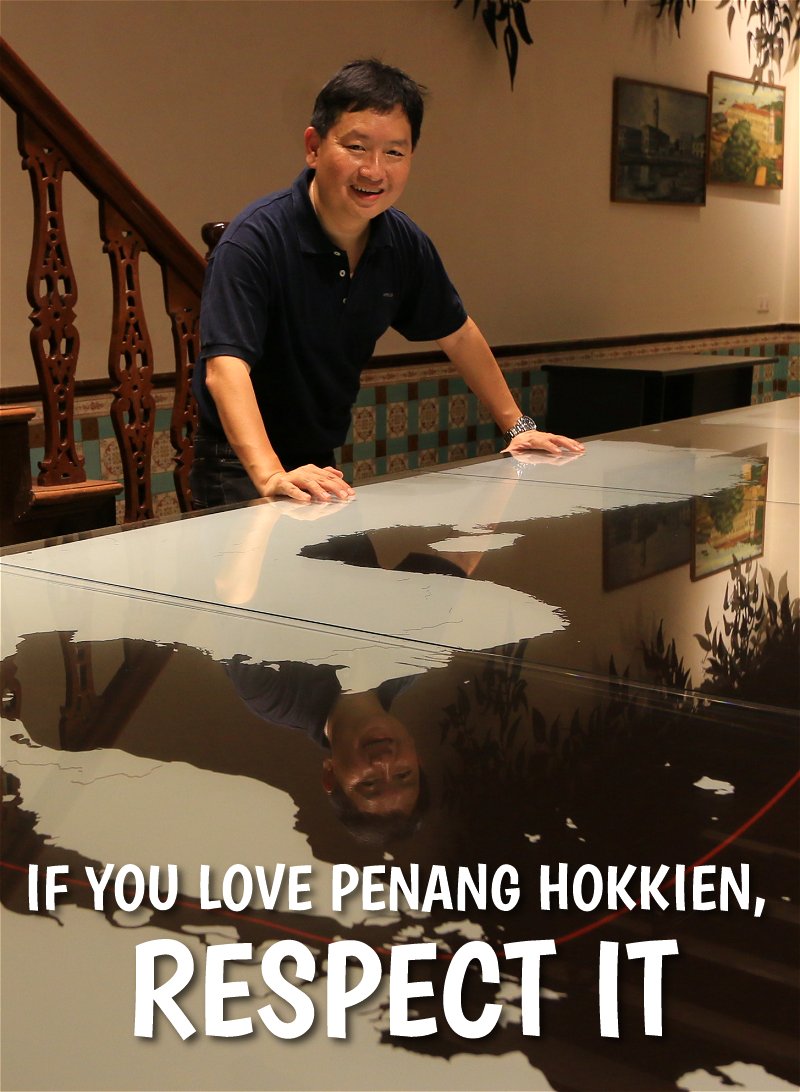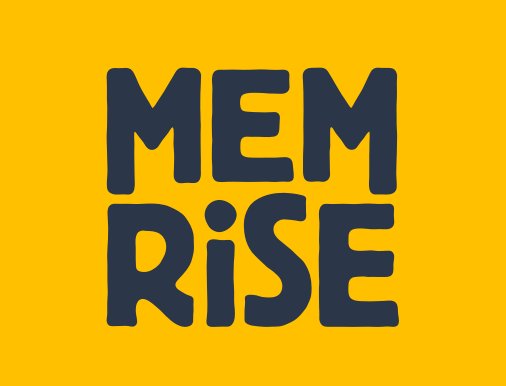
 To Love Penang Hokkien, Respect It (4 December 2015)
To Love Penang Hokkien, Respect It (4 December 2015)
I create Learn Penang Hokkien in order to celebrate, preserve and further develop our local cultural identity, which we have forged from the founding of Penang as a British settlement in 1786 until now. Too often, when someone writes about Hokkien, they look back to recall Hokkien of the past. They continue to dwell in the past.
I am going in a very different direction. I want to take Penang Hokkien forward, to propel it as a modern language, with a modern dictionary, and a modern writing system that is sufficiently easy for ALL Malaysians to learn, adapted to elements of our educational backgrounds, and compatible with present telecommunication devices.
You can write Penang Hokkien in Taiji Romanisation using any handphone without having to download an app. No other mainstream forms of romanization for Penang Hokkien can do that. While I look forward, so many others are still stuck in the past.
This particular variant or dialect of Hokkien has been used from Phuket down to Kedah (and later on grew as far south as Taiping), and as far west as Medan.
Another dialect of Hokkien is spoken from coastal Johor, as far north as Perak, and is also spoken in Singapore.
I decry those that, as a result of their lack of knowledge about the history of Penang Hokkien, have little respect for it.
Every now and then, I come across people who talk of wanting to speak a purer form of Hokkien. By that, they mean a Hokkien with as little "contamination" of loanwords as possible. I won't stand in their way, but I would direct them to go learn Taiwanese, which is presently the flag holder for the prestige form of the Hokkien language.
Many Penang Hokkien speakers, including myself, consider Taiwanese an alien form of Hokkien. Yes, we do understand part of it. But it is not mutually intelligible. And as far as we are concerned, it is not our mother tongue. Yet there are those who speak Penang Hokkien who have no respect for it. They yearn for a purer form and they regard our mother tongue as a rojak language. It's like a Eurasian who is ashamed of being Eurasian.
It smacks of double standard. 29% of English words have their roots in Latin, 29% in French, 26% in various Germanic languages, 6% in Greek, and 10% is a mix bag of languages from Sanskrit to Malay to Japanese. Every year and at every moment, new words are added into the English language. Yet nobody says that English is a rojak language.
Every living language continues to absorb words from its surroundings. If a language stops absorbing, stops borrowing, that language is static, and when it stands still, it starts to die. Penang Hokkien with Taiji Romanisation is ready for the 21st century. It will absorb loanwords liberally.
Those Penangites who want to speak a "pure" Hokkien should likewise stop eating char koay teow, laksa, Hokkien mee and chee cheong fun, and go find out what people in Fujian Province ate in the 19th century and start eating like their historic ancestors. If purity is what they seek, then by all means be pure in all accounts.
To love Penang Hokkien, you need both knowledge of history and a respect for your heritage. Without that, you will be misguided into being ashamed of your own glorious past.
Language Learning Tools
Use the following language learning tools to learn Penang Hokkien!Learn Penang Hokkien with uTalk
This app opens the door to over 150 languages.Return to Penang Hokkien Resources
About this website

Dear visitor, thank you so much for reading this page. My name is Timothy Tye and my hobby is to find out about places, write about them and share the information with you on this website. I have been writing this site since 5 January 2003. Originally (from 2003 until 2009, the site was called AsiaExplorers. I changed the name to Penang Travel Tips in 2009, even though I describe more than just Penang but everywhere I go (I often need to tell people that "Penang Travel Tips" is not just information about Penang, but information written in Penang), especially places in Malaysia and Singapore, and in all the years since 2003, I have described over 20,000 places.
While I try my best to provide you information as accurate as I can get it to be, I do apologize for any errors and for outdated information which I am unaware. Nevertheless, I hope that what I have described here will be useful to you.
To get to know me better, do follow me on Facebook!
Copyright © 2003-2025 Timothy Tye. All Rights Reserved.

 Go Back
Go Back
